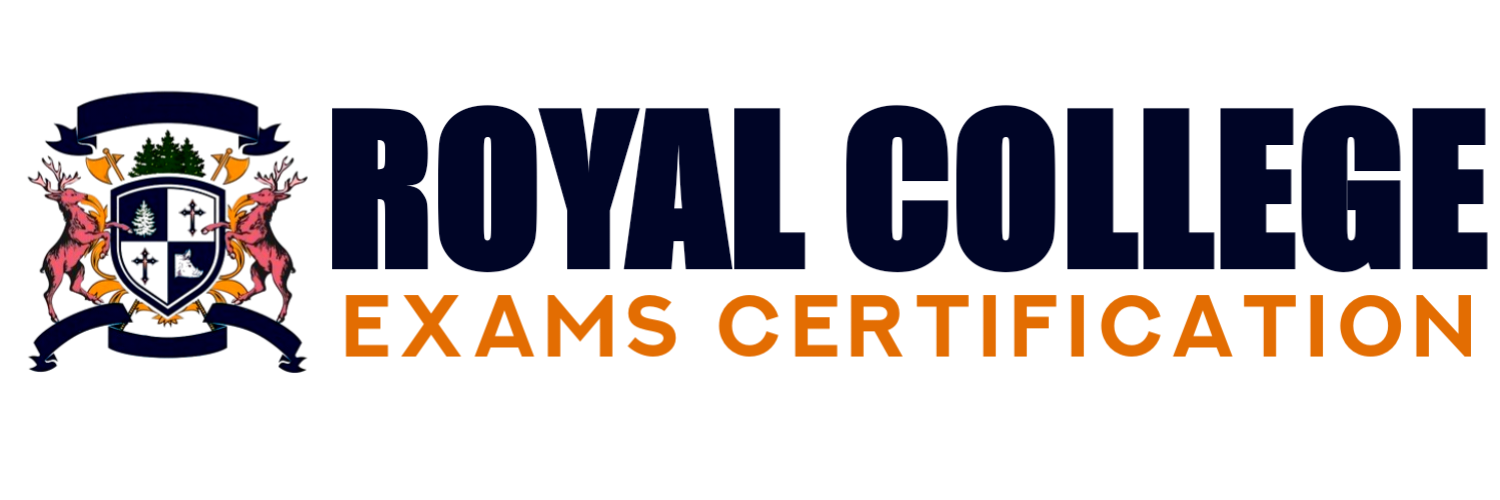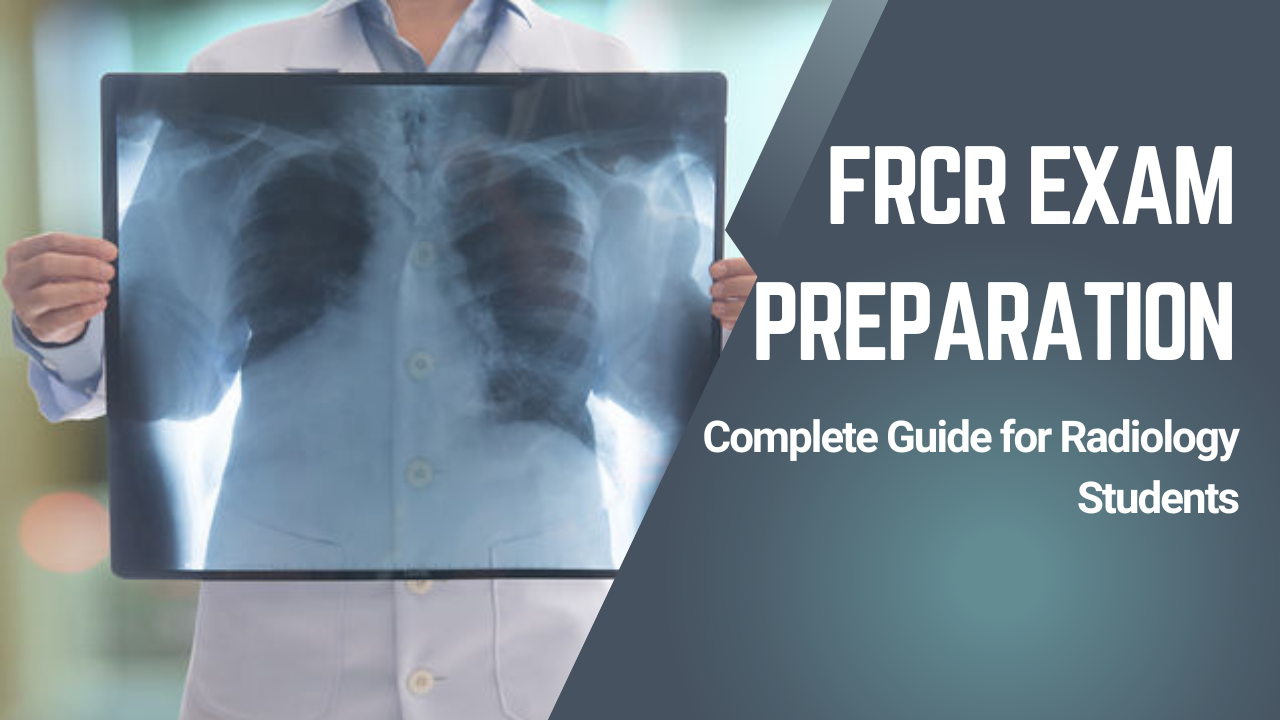Magnetic Resonance Cholangiopancreatography, commonly known as MRCP, is a non-invasive imaging test used to evaluate the biliary and pancreatic ducts. It has gained popularity in modern medicine for its ability to deliver detailed images without the need for invasive procedures like ERCP (Endoscopic Retrograde Cholangiopancreatography). If your doctor has recommended an MRCP scan, it’s natural to have questions about what to expect and how to prepare. This guide will walk you through the essentials — from understanding the purpose of the scan to knowing how to get ready for it and what happens afterward.
What is an MRCP Scan?
MRCP is a special type of Magnetic Resonance Imaging (MRI) that focuses specifically on the bile ducts, gallbladder, pancreas, and pancreatic ducts. It uses strong magnetic fields and radio waves to create detailed images of these areas, helping doctors diagnose and manage conditions such as:
- Bile duct obstructions
- Gallstones
- Pancreatic cysts or tumors
- Inflammatory conditions like pancreatitis or cholangitis
- Post-surgical complications
Unlike invasive procedures like ERCP, MRCP does not require the insertion of a camera or instruments into the body, making it a safer and more comfortable option for many patients.
Why Might You Need an MRCP?
Your healthcare provider might order an MRCP if you have symptoms such as:
- Unexplained upper abdominal pain
- Jaundice (yellowing of the skin or eyes)
- Abnormal liver function tests
- Suspected gallstones or bile duct stones
- Persistent nausea and vomiting
- Suspected pancreatic abnormalities
- Follow-up after gallbladder surgery
It’s also used as a diagnostic tool when other imaging tests like ultrasound or CT scans provide inconclusive results.
How to Prepare for an MRCP Scan
1. Inform Your Doctor About Your Medical History
Before scheduling your MRCP, your doctor will need to know about:
- Any implants, metal devices, or medical conditions (e.g., pacemakers, cochlear implants, aneurysm clips, or artificial heart valves)
- History of kidney disease (since contrast agents used in some MRI scans can affect kidney function)
- Pregnancy status (although MRCP is generally safe, it is typically avoided in the first trimester unless absolutely necessary)
- Claustrophobia or anxiety about enclosed spaces, as MRI scanners are typically narrow tubes
This information helps the radiologist and technologist plan a safe and effective scan for you.
2. Dietary Restrictions
In most cases, you’ll be asked to fast for about 4–6 hours before the scan. This means no food, drink, chewing gum, or smoking. Fasting helps improve the quality of the images by reducing motion artifacts and minimizing fluid and air in the stomach and intestines, which can obscure the view of the biliary and pancreatic ducts.
Your healthcare provider will give you specific instructions regarding fasting times.
3. Medications
You should inform your doctor about all medications you’re taking, including over-the-counter drugs, herbal supplements, and vitamins.
In most cases, you can continue taking your regular medications with a small sip of water, unless advised otherwise by your healthcare provider. If you have diabetes and use insulin or oral medications, special instructions may be given to adjust your dose on the day of the scan due to fasting.
4. Clothing and Personal Items
On the day of the scan:
- Wear comfortable, loose-fitting clothing without any metal fasteners, zippers, or buttons.
- You may be asked to change into a hospital gown.
- Remove all jewelry, piercings, eyeglasses, hairpins, and watches before the procedure.
- Avoid wearing makeup, as some brands contain metallic particles.
5. Arriving at the Imaging Center
Plan to arrive at least 30 minutes early to complete any necessary paperwork and pre-scan checks.
If you have claustrophobia or anxiety about the MRI machine, inform your healthcare provider in advance. They may prescribe a mild sedative to help you relax during the scan.
What Happens During an MRCP Scan?
1. Check-in and Preparation
After arriving at the imaging facility:
- You’ll check in and confirm your medical history.
- A technologist will explain the procedure, answer any questions, and have you sign a consent form.
- You may be asked to remove personal items and change into a gown.
If contrast material is needed (rare for MRCP but occasionally used for enhanced views), an intravenous (IV) line will be inserted into your arm.
2. Entering the MRI Scanner
You’ll lie down on a narrow, padded table that slides into the MRI scanner — a large, tube-shaped machine.
- You’ll be asked to lie still on your back.
- Straps or cushions may be used to help you remain in the proper position.
- The technologist will be in an adjacent room but will communicate with you through an intercom.
3. During the Scan
The MRI machine makes loud tapping or thumping noises as it captures images. Earplugs or headphones are typically provided to reduce the noise.
At various points, you may be instructed to:
- Hold your breath for a few seconds to reduce motion and improve image clarity.
- Remain as still as possible throughout the test.
The entire MRCP scan usually takes 30 to 45 minutes. If sedation is used, you may feel drowsy but will be monitored throughout the scan.
4. After the Scan
Once the images are captured:
- The IV (if used) will be removed.
- You can usually resume normal activities immediately, including eating and drinking.
- If you received sedation, you’ll need someone to drive you home and should rest for the remainder of the day.
Are There Any Risks or Side Effects?
MRCP is considered a very safe procedure because it doesn’t involve radiation or invasive techniques. However, a few considerations include:
- Claustrophobia: Some patients may feel anxious inside the MRI scanner.
- Contrast reactions (if contrast is used): Rare, but may cause mild side effects like nausea or a metallic taste.
- Metal implants: Certain medical devices are incompatible with MRI. Always disclose your medical history.
When Will You Get Your Results?
A radiologist will review the MRCP images and prepare a detailed report for your referring doctor. You’ll typically receive your results within a few days.
Your doctor will discuss the findings with you and recommend the next steps, which might include further testing, medical treatment, or surgical options, depending on the diagnosis.
Final Thoughts
MRCP is a highly valuable, non-invasive imaging technique that provides clear, detailed images of the biliary and pancreatic systems. With proper preparation — including fasting, disclosing medical history, and following pre-scan instructions — you can help ensure the highest quality images and a smooth experience.
If you have concerns or questions about your upcoming MRCP scan, don’t hesitate to reach out to your healthcare provider or the imaging facility for personalized guidance.
Frequently Asked Questions (FAQs)
1. Is MRCP painful?
No, MRCP is a painless, non-invasive test. You might experience mild discomfort from lying still or from the IV if contrast is used.
2. How long does an MRCP take?
Typically, 30 to 45 minutes.
3. Can I eat after an MRCP scan?
Yes, you can resume eating and drinking normally after the scan, unless instructed otherwise.
4. Is contrast always used during MRCP?
No, contrast is not typically needed for MRCP. It may be used in some cases to enhance image quality.
5. Can children undergo an MRCP scan?
Yes, MRCP is safe for children and may be used to investigate congenital or acquired conditions involving the biliary or pancreatic ducts.






